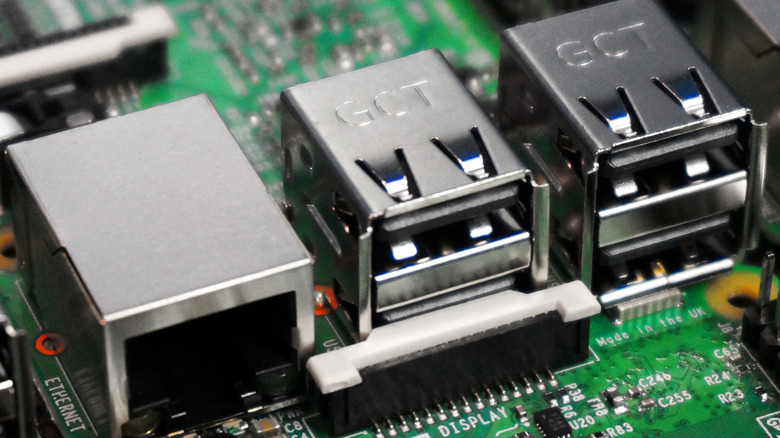Make Your Own Music With This Raspberry Pi Four-Track Looper Project
Getting your hands on a Raspberry Pi opens the door to all types of possibilities. If you've purchased one, you likely did so with an idea of what you wanted to do with it already, like creating a retro gaming device. If you're looking for new projects to take on, perhaps creating a four-track looper could be in the cards. The project itself is simpler than it sounds, as all you'll need is a USB soundcard along with a set of buttons and lights.
YouTuber ThePsychotenuse goes through the entire process and shows what the end result looks like. You'll be able to use a microphone to record sounds and get them set up to certain buttons. From there, you hit the buttons, and it starts playing the sounds. You can play things in any order you want, and that means you can make music or whatever else you can think of out of it. As for putting it together, that'll take a bit of time. With enough patience, you should be able to get it done without running into problems. Having a bit of knowledge of how the Linux operating system works will be nice to have, according to the project's creator, so it can be more difficult if you don't have that.
Create your own music
If you've never worked with wiring before or you're new at it, having step-by-step instructions is nice. ThePsychotenuse created an illustration to follow, showing how everything will plug into and be wired to your Raspberry Pi device. If you'd rather watch a video of it, you have that option too. As for what you need, you'll want to get your hands on the USB soundcard, eight push-to-connect buttons, and eight LED lights.
You can pick up buttons for quite cheap, as a set of 25 will cost you under $10 from DigiKey. The lights are optional, but you'll probably want those as it'll be tough to tell what you have on or off without them. The YouTuber gives you the full breakdown of parts along with the program that needs to be installed onto your Pi for everything to work. This isn't a very expensive project to try if you already have the Pi, so that's a nice bonus.
This project will be for people interested in making their own music as a side hobby. Professionals would probably be better suited just buying an actual looper versus making one, but it's not a bad idea if you have an extra Pi lying around already.
